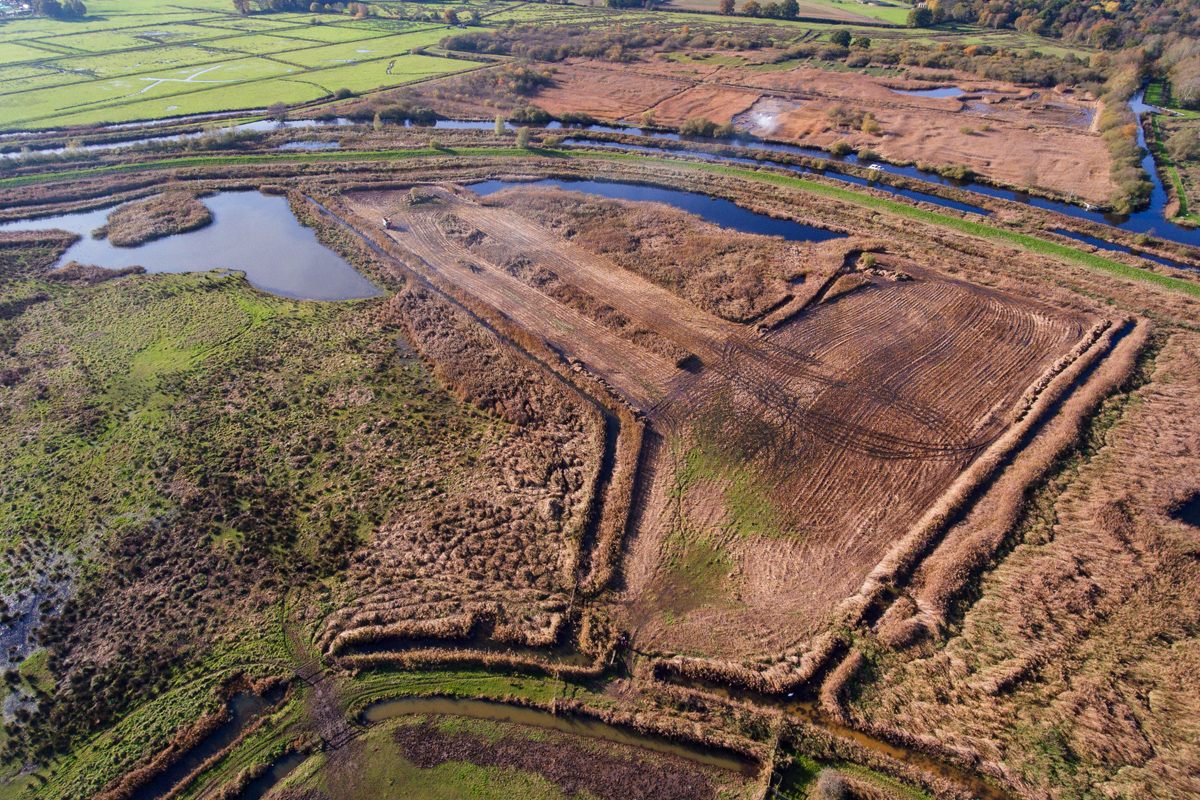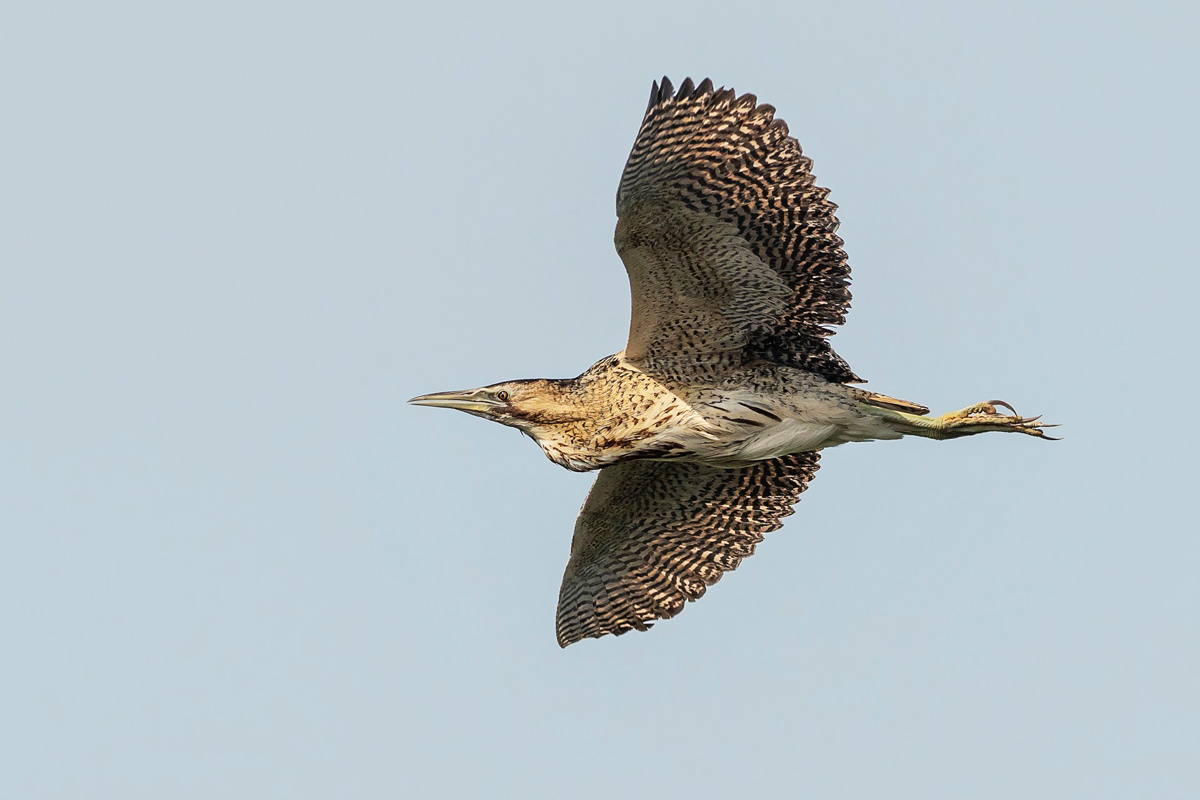Buttle Marsh Restoration Project
The Broads Authority has been awarded a quarter of a million pounds of funding to restore Buttle Marsh near How Hill.
This funding comes from the Nature for Climate Peatland Grant Scheme and Anglian Water’s “Get River Positive” Scheme. It follows on from an 18-month project to identify suitable locations for nature-based climate projects in and around the Broads National Park.
Buttle Marsh sits in a curve of the River Ant and has been managed by the Broads Authority since it was purchased in 2003. Prior to the Broads Authority taking over the site, it was used as farmland created by draining the historic marshes.
The ambition after 2003 was for the site to be used to create habitats for bittern, one of the Broads' rarest and most elusive wildlife species. The 25ha reedbed we aimed to create was considered the minimum size required for them to nest. When ponds were dug on the site to provide material for flood defences, it was landscaped to make a habitat for bittern. However, whilst bittern occasionally visit the site, it has generally remained too dry for them to nest.
The new project will raise the water level in the marsh, restoring “peat forming” conditions. This means the marsh will once again fulfil its natural function as a carbon sink, aiding the fight against climate change. It will also create a more valuable fen habitat, making it as attractive as possible for wildlife.
To do this we will install a wind powered pump to raise water from the neighbouring drainage ditch to the marsh. Pumping will take place during winter, with water stored in an on-site reservoir to allow for a continued rewetting of the marsh during the summer. By using a reservoir, we will avoid taking water from the river catchment during the drier months. This will make sure that our restoration here doesn’t have a negative impact on other protected sites in the Broads.
This work will have to be carried out carefully to protect the existing wildlife in the marsh. Despite not being ideal habitat, it already has substantial populations of species such as water voles and grass snakes. The works will involve measures to survey and protect these animals.
The restoration works will begin in the autumn of 2025 and will be completed by the spring of 2026.



